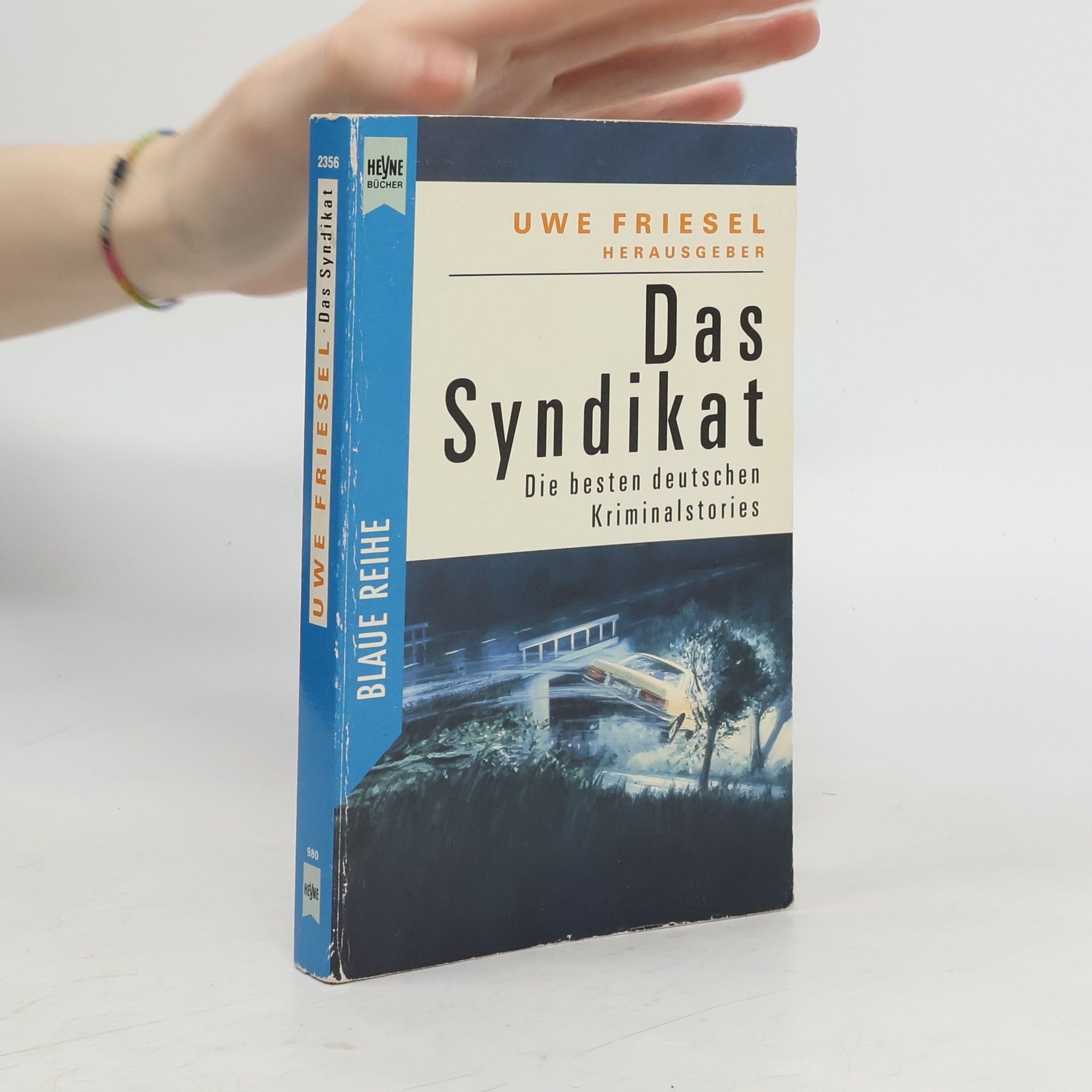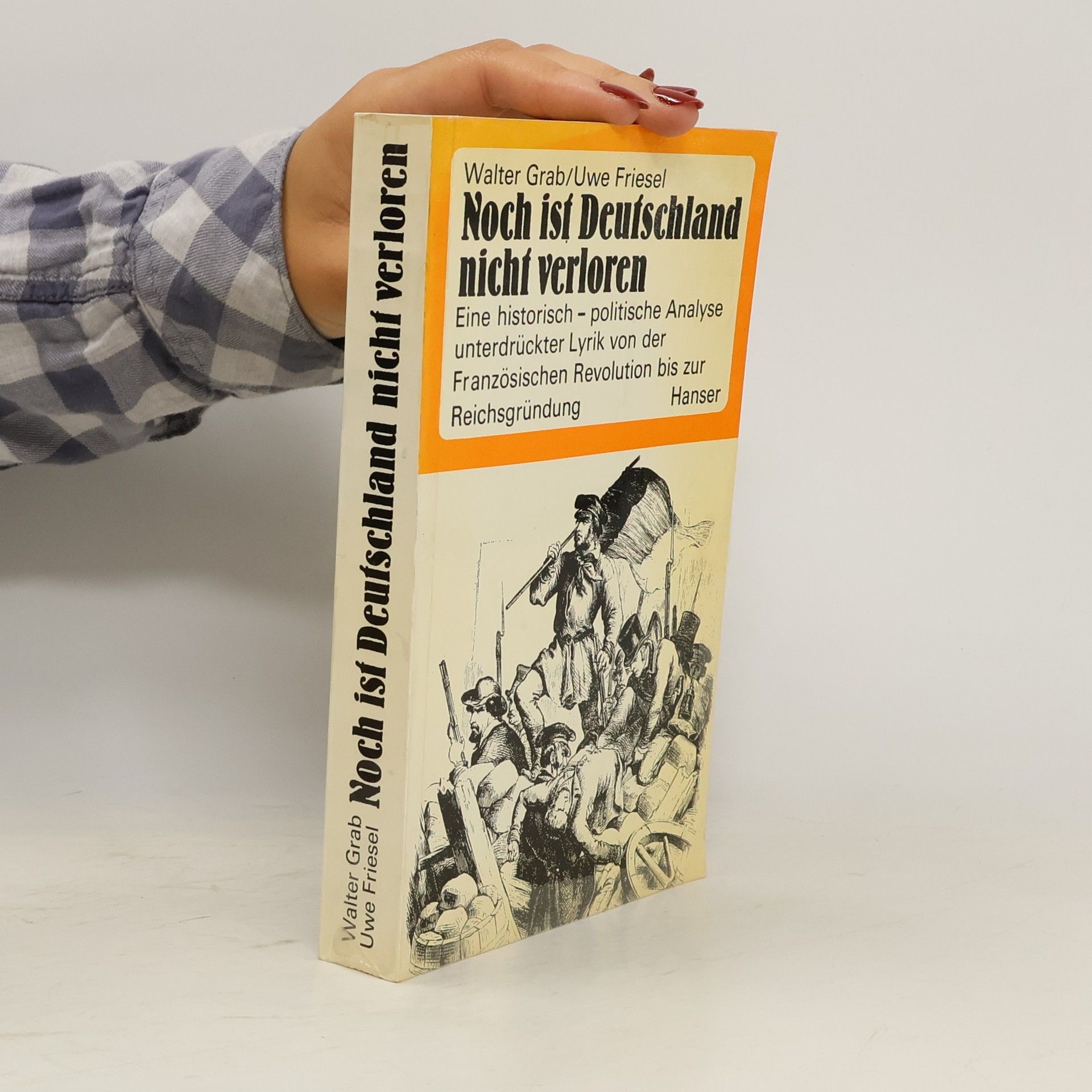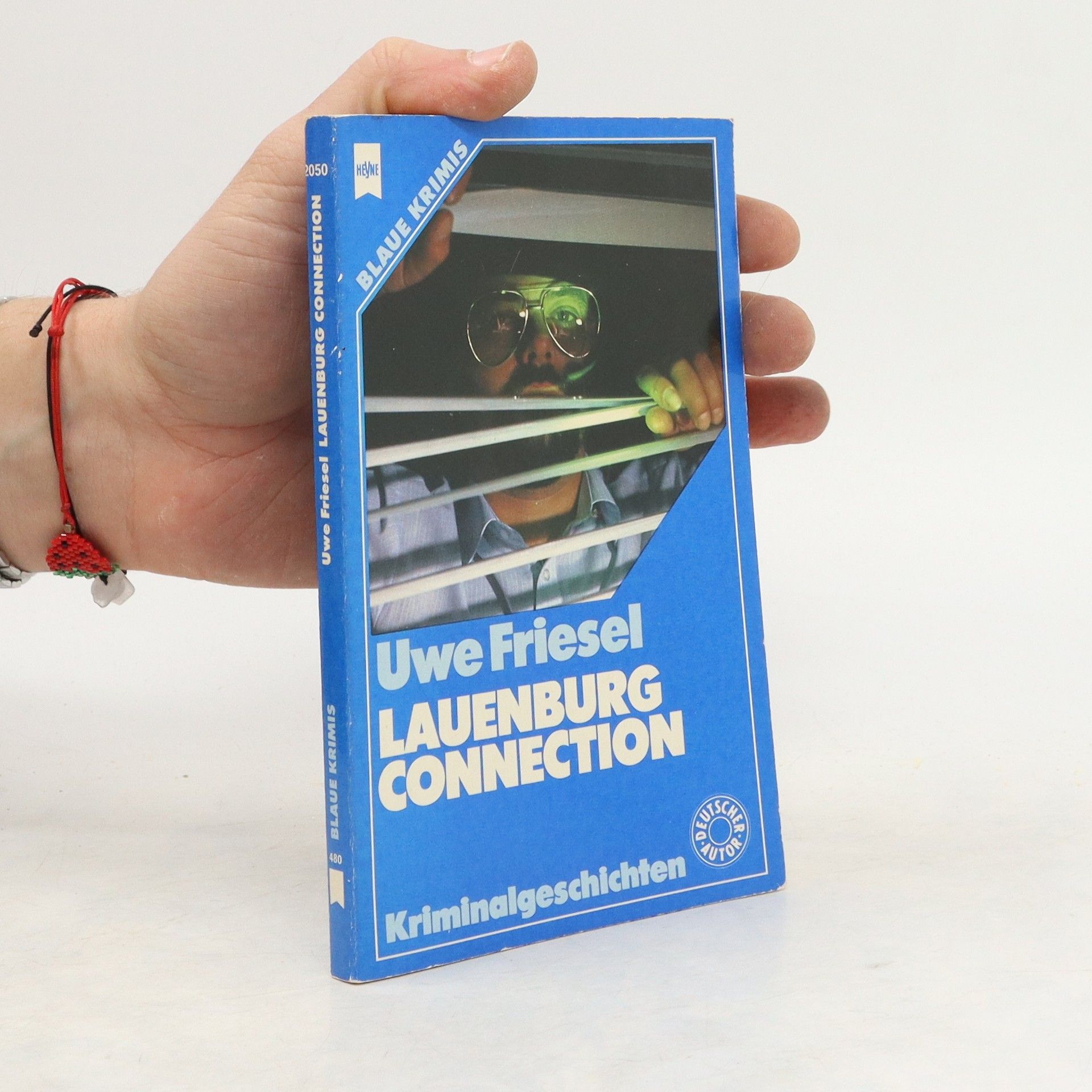Ein neuer Fall für Guido Blankenhorn, in dem Klaviermusik, organisierter Mädchenhandel und verschwundene Luxuskarossen ihn in die Fänge der Mafia treiben.
Uwe Friesel Knihy

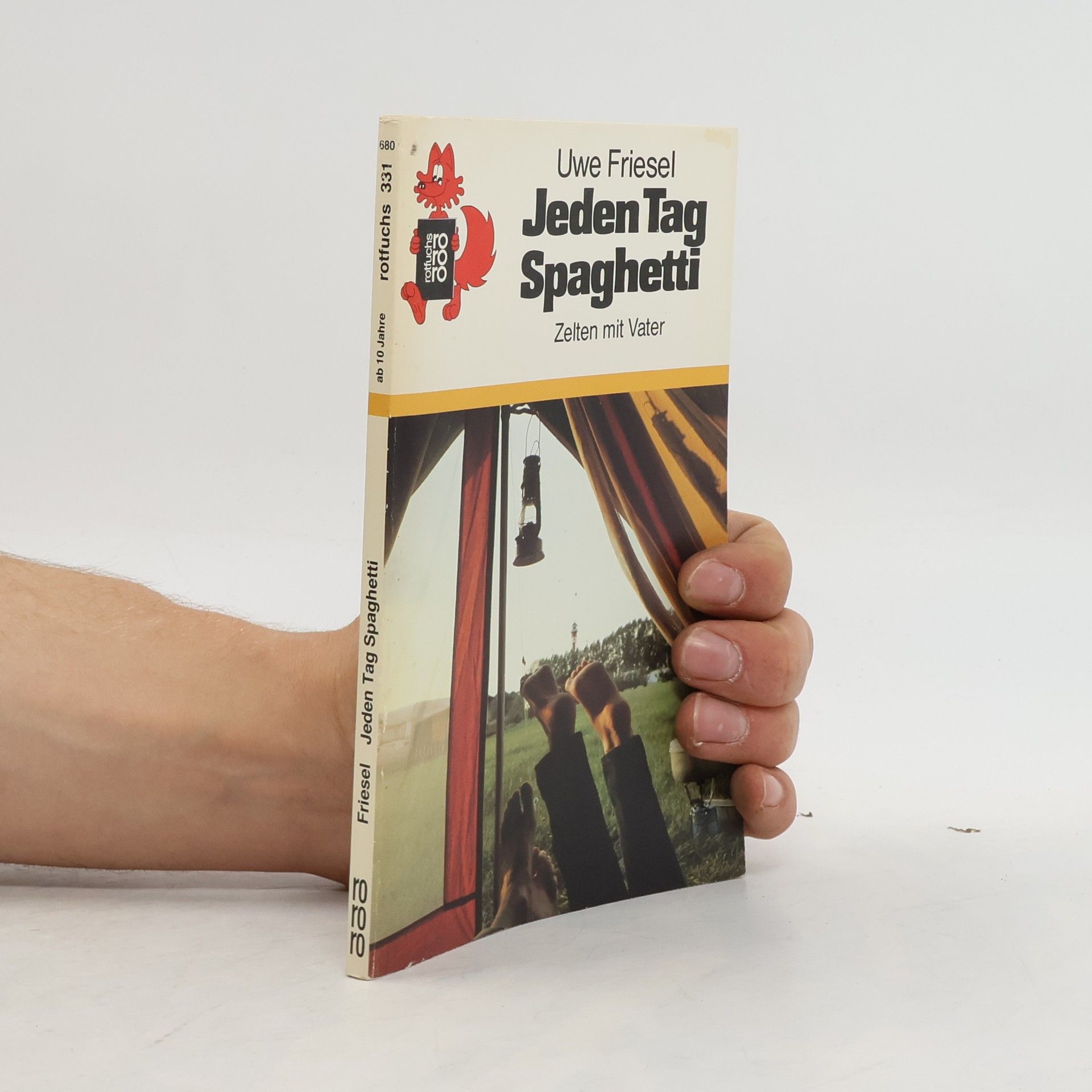
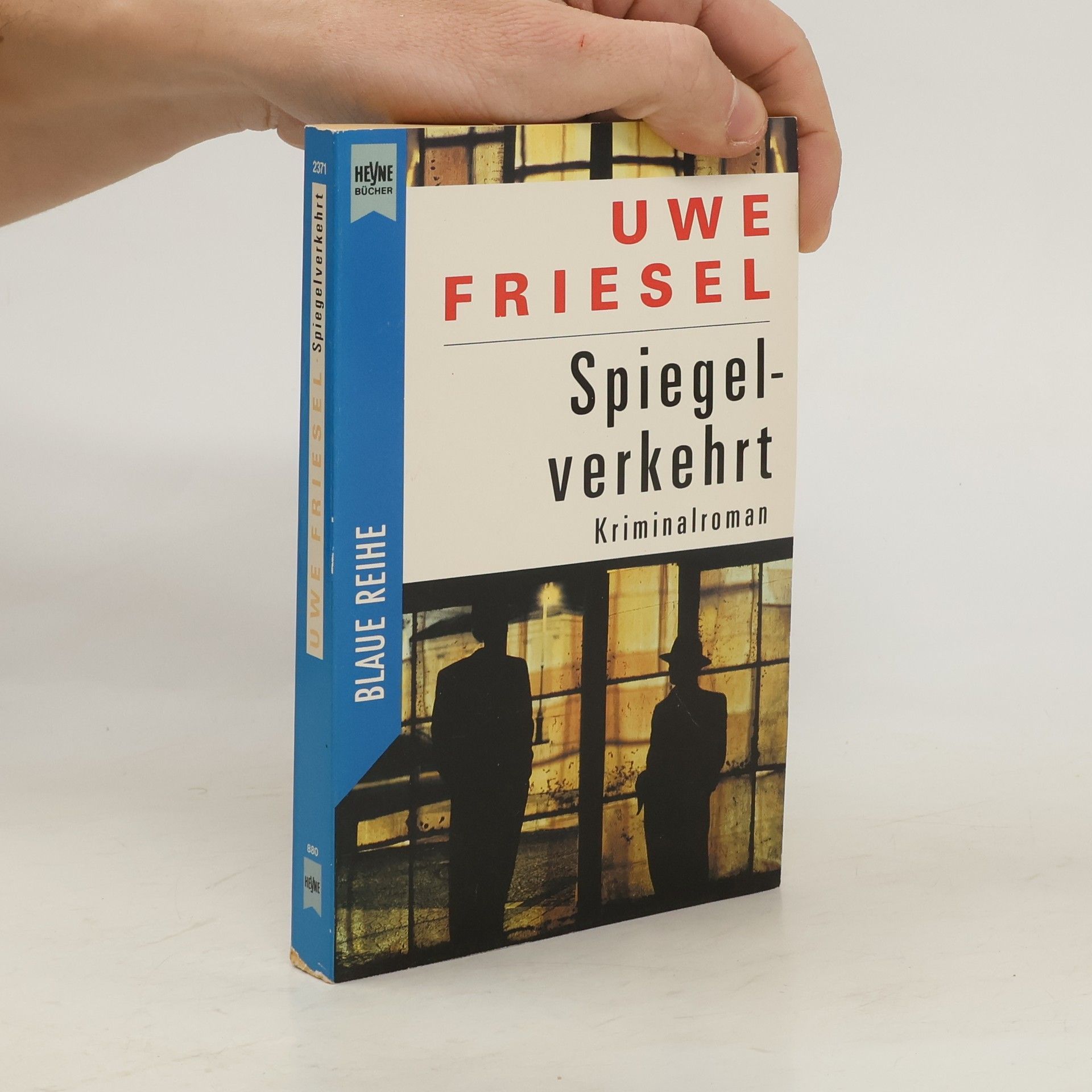


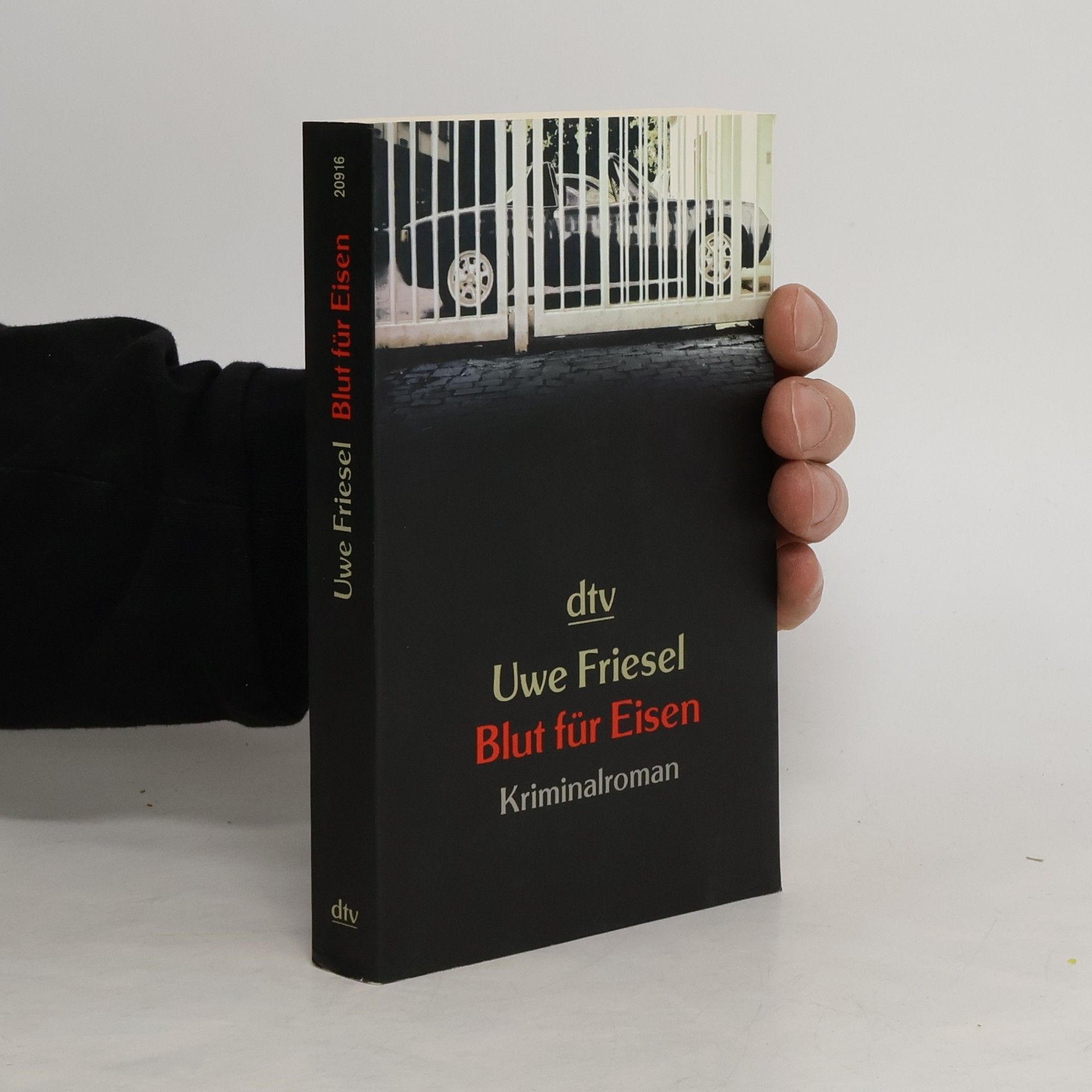
Kindheitsgeschichten
- 267 stránok
- 10 hodin čítania
Brücke der Hoffnung
- 188 stránok
- 7 hodin čítania
Der kroatische Autor Miroslav Krleza betont in seinem Credo, dass Literatur ein Gedächtnis für die Vergangenheit sein sollte. Die in diesem Buch versammelten Autoren präsentieren eigene Texte, die verdeutlichen, wie wichtig es ist, sorgsam mit historischen Zeugnissen umzugehen. Sie reflektieren über die Verantwortung von Schriftstellern, die Erinnerungen und Erfahrungen vergangener Zeiten lebendig zu halten.
Schlemihls Erzählungen
- 399 stránok
- 14 hodin čítania
Schlemihl lebt in Salzwedel, Altmark, in einem Haus, dass er für ein Apartmenthaus hält. Seine Vergangenheiten sind ebenso vielgestaltig wie die Personen, in denen er sich wiederzukennen glaubt. Da ist der Übersetzer Hans Neuhaus alias Giacomo Casanova, mit dem er sich auf der Parkbank trifft. und der Schweizer Autor Urs Wiefele, wohnhaft im benachbarten Wendland, aber dort nirgends registriert. Jener ist besonders schlecht auf Großkritiker zu sprechen, die überall ihre Finger im Spiel haben. Langsam wird deutlich, dass es sich bei allen um ein und dieselbe Person handelt, schizophren gespalten, wie Deutschland, vierzig Jahre lang.
